An Dehai: The handsome, favored eunuch who had his own child with Empress Dowager Cixi?
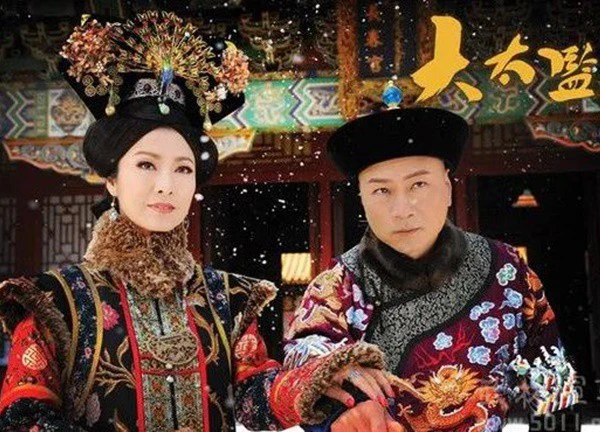
3 | 1 Discuss | Share
Empress Dowager Cixi was a woman who held supreme power during the late Qing Dynasty. Standing at the pinnacle of fame and power, Empress Dowager Cixi surprised many with her extremely lavish lifestyle.
This is most clearly demonstrated through the way of life, especially in the unique parties of Empress Dowager Cixi.
Empress Dowager Cixi was famous for being extremely meticulous and strict in her eating habits. Each main meal of Empress Dowager Cixi had to have up to 100 dishes, and each side meal had at least 20 dishes.
After taking power in the Qing Dynasty, Empress Dowager Cixi set up a special kitchen for herself, called the Western Kitchen, where chefs could make more than 400 types of cakes and more than 4,000 different dishes.
The basic ingredients used to prepare meals for Empress Dowager Cixi during the day included 11 kg of meat, 0.5 kg of lard, 2 goats, 5 chickens, 3 ducks, 3 kg of green onions, various green vegetables, kohlrabi, radishes...
Among them, there is a type of dumpling so delicious that it made Empress Dowager Cixi exclaim.
The buns called "Gou Bu Li" (Gou Bu Li), meaning "not even dogs want it", are a famous specialty that is ranked among the three best dishes in Tianjin. These buns are so delicious that Empress Dowager Cixi once exclaimed: "The best food, birds of heaven, and fish of the sea are not as delicious as these buns. This is the real longevity food."
Cau Bu Li was born in 1858. During the reign of Emperor Ham Phong of the Qing Dynasty, in Duong village, Vu Thanh district, Hebei province (now Vu Thanh district, Tianjin city), there was a young man named Cao Quy Huu. His father had a child at the age of 40, and wanted his children to live in peace, so he gave Quy Huu the name "Cau Tu" in the hope that he would be easy to raise and healthy like a puppy. In addition, according to the customs of the Northern people, this way of naming also shows the intimacy and warm love of parents for their children.
At the age of 14, Gou Zi went to Tianjin to learn cooking, starting as an assistant at the Liu family restaurant there. Naturally intelligent, skillful, agile, and eager to learn, and with the dedicated guidance of his masters, Quy Huu's dumpling-making skills gradually improved and soon became somewhat famous.
After three years of apprenticeship, the young man Quy Huu had mastered all the techniques of making dumplings, so he opened a small restaurant on his own, under the name Duc Tu. Duc Tu's dumplings are special in that he uses pork processed with the right proportion of water, then uses ribs or stomachs to stew into soup for many hours to make the sauce. After that, the chef adds sesame oil, homemade soy sauce, minced ginger and onions, and some other spices in precise amounts, mixing them together to create the dumpling filling mixture.
Making the crust is equally elaborate. After the fermented flour dough has been kneaded thoroughly and left to rest for the appropriate amount of time, Cau Tu rolls it into thin circles with a diameter of 8.5cm, then adds the filling and wraps it. While wrapping, he continuously uses his fingers to knead it meticulously and apply force to create 18 even folds, as beautiful as white chrysanthemums, and finally puts it in a steamer to steam until cooked.
Cao Quy Huu was skilled and worked very hard. The buns he made not only had beautiful skins but were also as soft as chrysanthemums. The meat filling inside was sweet and fragrant without being greasy. The shop's business also became more and more prosperous.
The number of people coming to eat dumplings increased day by day, causing Cao Quy Huu to work so hard that he was unable to talk to customers. Therefore, people teased him as "Cau Tu, too busy selling dumplings to care about customers", and they called him Cau Bat Ly for short. From then on, the dumplings he sold became Cau Bat Ly dumplings and the original name of the shop was gradually forgotten.
Legend has it that after taking office as Admiral General, Yuan Shikai sent troops to Tianjin to train new soldiers. During his stay, he tasted the famous Gou Bu Li buns, and because he liked them so much, he brought them back to the capital as a tribute to Empress Dowager Cixi. After eating them, Empress Dowager Cixi exclaimed: "The meat of animals on the mountains, birds in the forest, cattle on land, shrimp and fish in the sea are not as delicious as Gou Bu Li, this is the dish of longevity." From then on, the reputation of Gou Bu Li buns spread widely, and gradually more shops opened across the country.
With its popularity since ancient times, the Gou Bu Li dumplings in Tianjin are still passed down to this day and still retain the name "Dog doesn't even want it", making many people feel extremely interested. If in the past, Gou Zi's dumpling shop was just a small shop, today Gou Bu Li dumplings have become a big brand with a chain of many dumpling shops in Tianjin and major cities in China.
that Empress Dowager Xu Xi ate the thigh of the eunuch Lianying to cure a terminal illness? 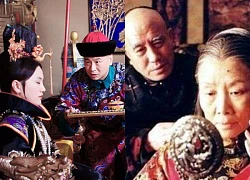 Minh Lợi17:05:43 02/04/2024The Sohu news website published an article explaining the relationship between Empress Dowager Cixi and Li Lianying. It is an anecdote of loyalty, willingness to sacrifice for Li Lianying's master.
Minh Lợi17:05:43 02/04/2024The Sohu news website published an article explaining the relationship between Empress Dowager Cixi and Li Lianying. It is an anecdote of loyalty, willingness to sacrifice for Li Lianying's master.

3 | 1 Discuss | Share
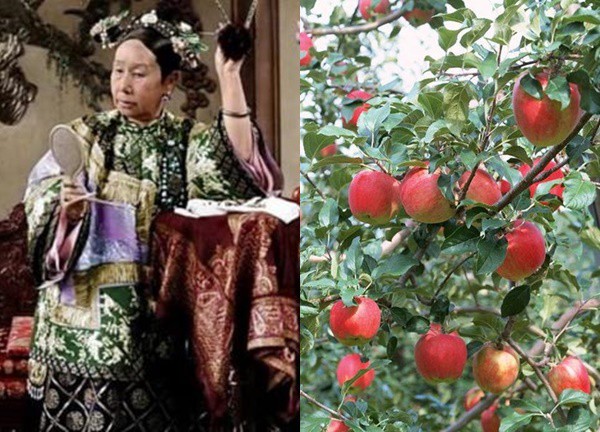
5 | 1 Discuss | Share
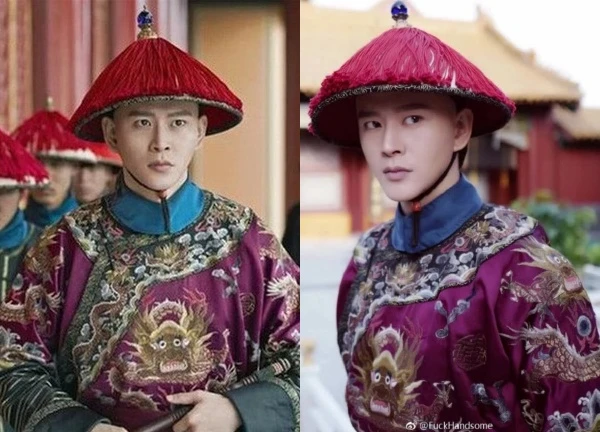
1 | 0 Discuss | Share

2 | 1 Discuss | Share
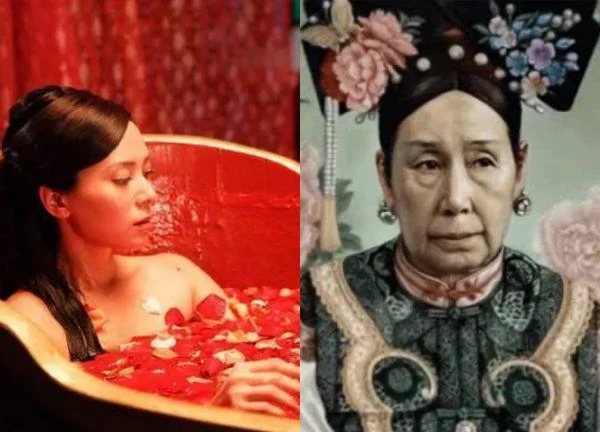
2 | 1 Discuss | Share
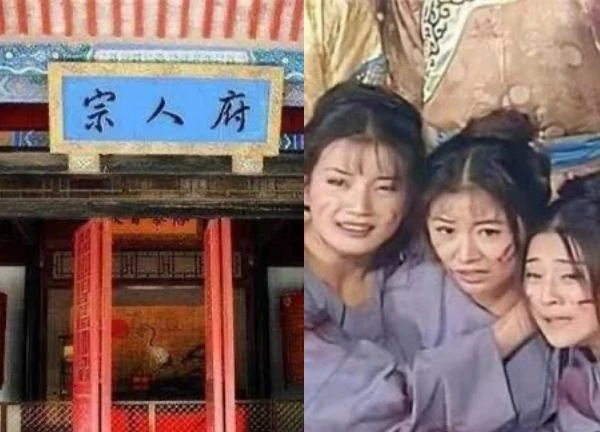
3 | 1 Discuss | Share
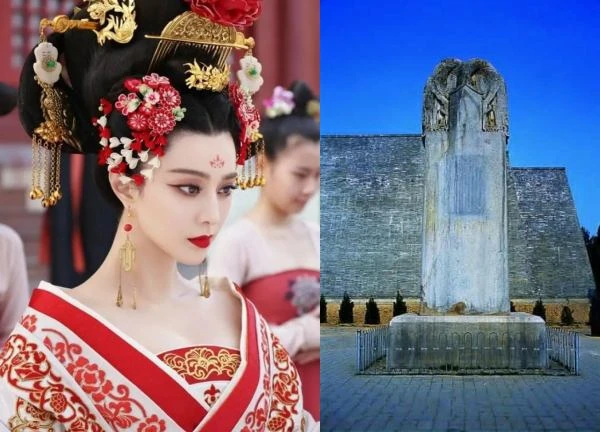
5 | 1 Discuss | Share
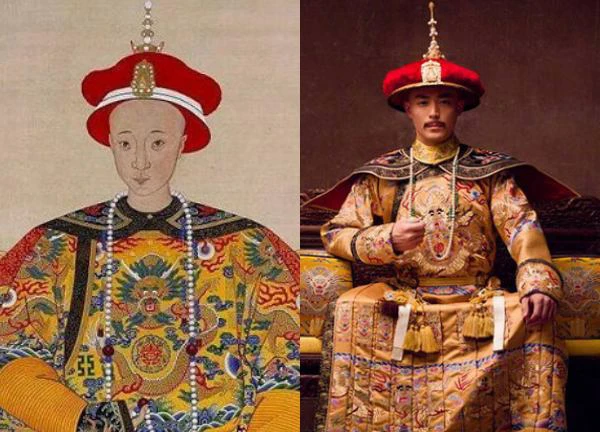
3 | 1 Discuss | Share
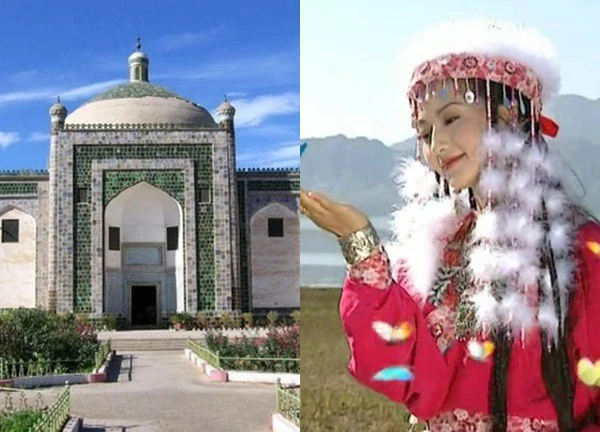
2 | 1 Discuss | Share
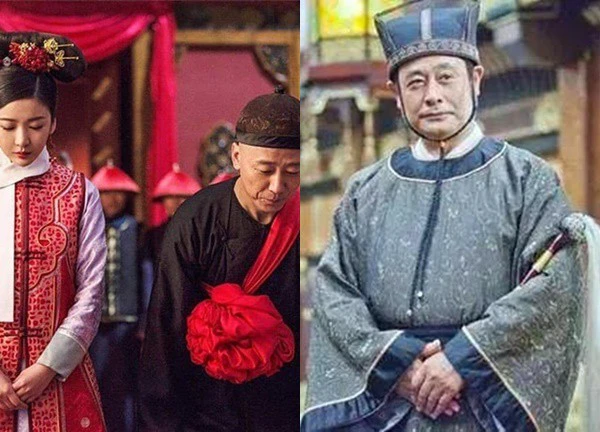
3 | 1 Discuss | Share
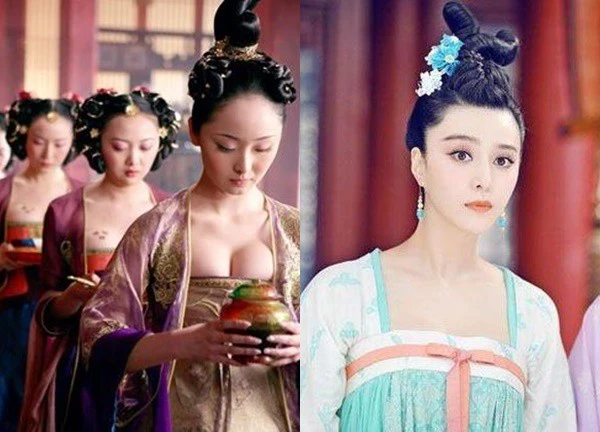
2 | 1 Discuss | Share
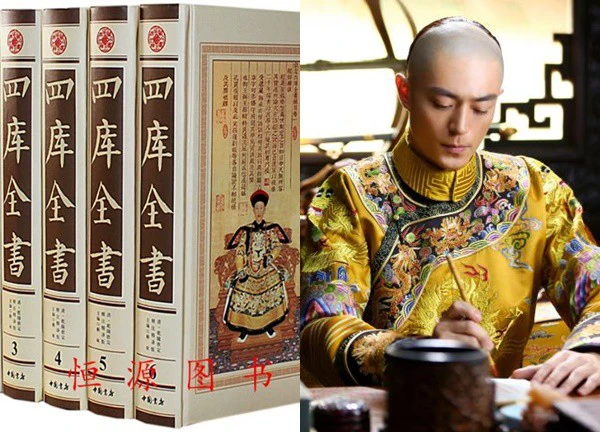
2 | 1 Discuss | Share







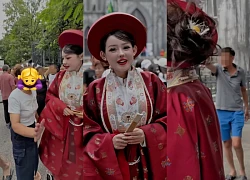


1 | 0 Discuss | Report